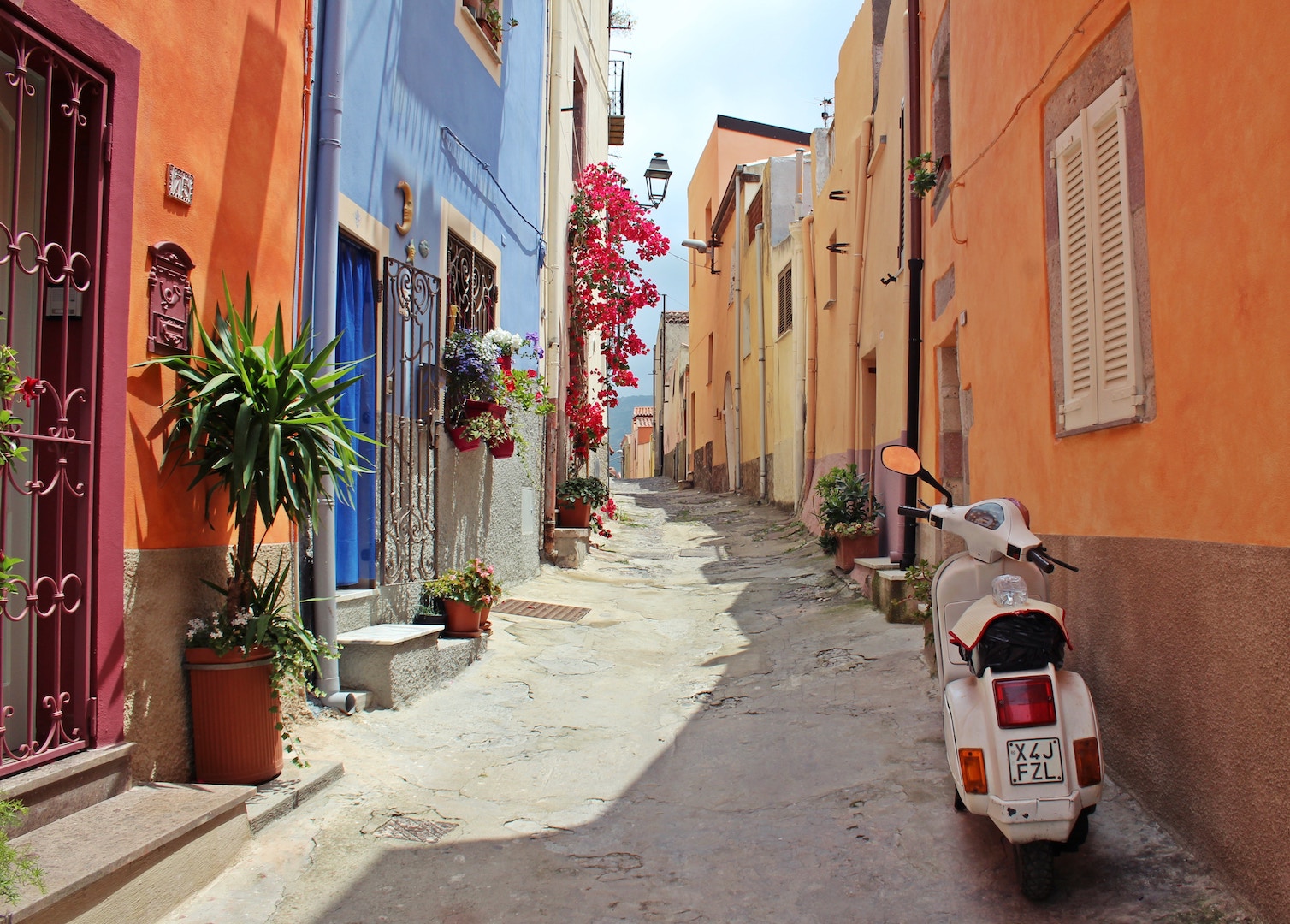
La dolce vita. The sweet life. That sounds pretty good to us right now, with things on home turf so bitter. Amazingly, hazy and lazy days of fresh pasta and cheap, drinkable wine under the Mediterranean sun don’t have to be a sepia-tinged pipe dream. Indeed, moving to the continent, even with Brexit on the horizon, is eminently achievable. It just takes a little foresight and planning, and an acceptance of some bureaucracy, to make it happen. Here’s a start; our 5 IDEAL tips for moving to Italy from the UK.
VISA LAW
Bloody Brexit. We’d love to hear no more of it. Unfortunately, regardless of whether we end up remaining or leaving, all UK nationals wishing to live and work in Italy for anything over three months will need a residence and work permit, which you need to apply for at the Italian embassy in London. The latter isn’t required now, but with the likelihood of leaving the EU high, it’s best to prepare for applying for one as soon as possible. If you’re lucky enough to have Italian dual citizenship, then you needn’t worry about doing that.
If you end up living in Italy before Brexit occurs, then following the UK leaving, you’ll be required to attend your local police station in Italy, in person, to receive a new residence permit. To receive permission to work the country, you’ll need to provide both a UK criminal records certificate and an Italian criminal records certificate.
These steps are essential for ensuring a smooth transition when moving to Italy from UK, as they help streamline the necessary paperwork and permits required for residency and employment in Italy. Staying informed and proactive in this process will contribute to a more seamless transition and help UK nationals adapt to the changing post-Brexit regulations when moving to Italy.

HEALTHCARE NEED-TO-KNOW
Once you’re all settled in Italy, it’s vital that you register with the Servizio Sanitario Nazionale, or SSN for short, which is the country’s national health service. You can do this via your municipality’s Azienda Sanitaria Locale (the local health authority).
Provided you have proof of a work contract or are self-employed, you can register for free. Should you not fit the bill, you’ll have to foot the bill for your health, which takes the form of a yearly fee. Full medical coverage, provided by the state, costs around £140.
PET PROVISIONS
All pet parents know how it is; moving to Italy from the UK without your furry friend just wouldn’t feel right or complete. Should you want to bring your furry friend with you on your new adventure to Italy, then firstly, that’s totally understandable. No one wants to leave those puppy dog eyes behind. You do need to make sure that you have an up-to-date, valid pet passport, and that your animal is microchipped.
Also essential are up to date, certified vaccinations as well as a clean rabies test; without one, and particularly in light of an outbreak of rabies a decade ago in the country, your pet will be denied entry. And that’s the last thing you want when you’re trying to settle in.

HOUSING
Assuming you’ve already determined which area of Italy you’re intending to live, it’s important to note a few things about the housing search which may come in handy. When searching for accommodation in any major Italian city or town, it’s best to go through an estate agent rather than liaising directly with a landlord. The latter may be less discerning and detailed with legal obligations, preferring a more ‘family style’ arrangement which might stand you in hot water with the authorities as a foreign resident should anything go wrong.
Estate agents will be able to assist you more, and with perhaps more impartiality, in the hunt. Though you may have seen recent stories about one Italian village giving away property for free, monthly rental prices usually fall between €500 and €700 in the south, and €600 to €1000 in the north and bigger cities.
As with house hunting in the UK, it’s best not to focus your search in late Summer and early Autumn as this is the time when students are seeking places to live, and as such, properties are more in demand and, in turn, more expensive. In general, property in Italy tends to be on the smaller side, with most urban rentals taking the form of apartments and flats.
DO LEARN THE LINGO
Though English is spoken adeptly in the big cities and in business settings, it’s vital that you have a decent grasp of the Italian language if you want to get ahead. With unemployment levels pretty high in Italy currently, there is stiff competition for jobs, and a lack of the local lingo will be a severe handicap. What’s more, out of the big urban centres, little English is spoken. If you’re to assimilate smoothly, it’s respectful to have a good amount of Italian under your belt. Check out our 5 IDEAL tips for learning a new language fast online over here, if the necessity is urgent.





